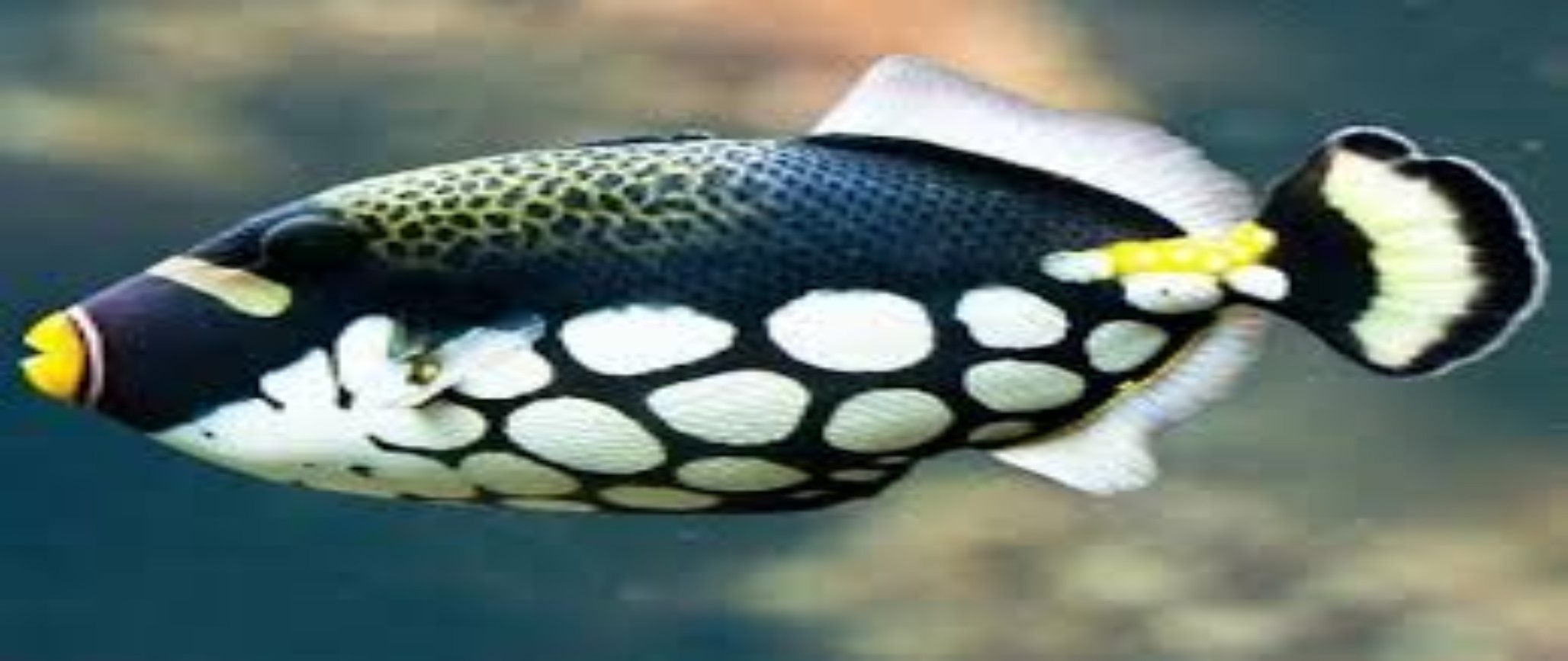
Family Name: Balistidae
Scientific Name: Rhinecanthus Rectangulus
Habitat: Found at the reefs of Indo-Pacific
regions, Hawaii, endemic in saltwatercoasts of
various central and pacific islands
Diet: Worms and crabs
Description: Oval shaped and compressed
structure.Grows upto inches long.It has tough
body structure and rough scales which enable
to wiggle into small,rocky crevasses to hide
from predators.They have vivid hues of blues,
yyellow, white, black and gray and sometimes
with varied marking on them in the shape of
lines and dots.Their coloring is used as a
camouflage, considering their
surroundings.Teeth of triggerfish and top lip
are blue.
Interesting Facts
- It is the state fish of Hawaii
- Hawaiian people call them as
“Humuhumunukunukuapua’a” - It is called “humuhumu” for short
- It’s pronouncation is “who-moo-who-moo-
noo-koo-noo-koo-ah-pooah-ah” - The meaning is ‘ a fish with a snout like a
pig’ - “Trigger” which is the second spine of the
humuhumu allows it to lock onto the
jagged edges of the reef while it rests - They are very aggressive type of fish
- There are 40 species in this fish
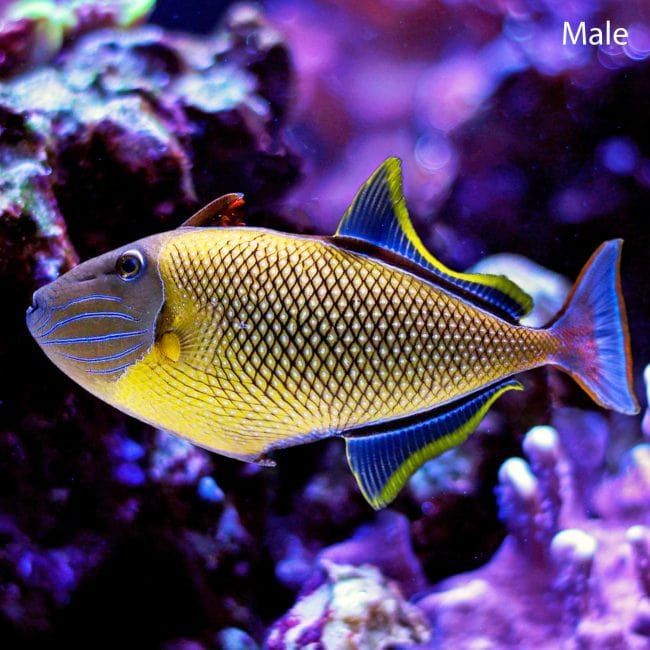
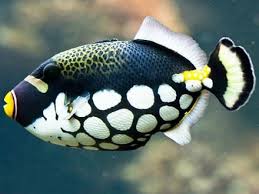
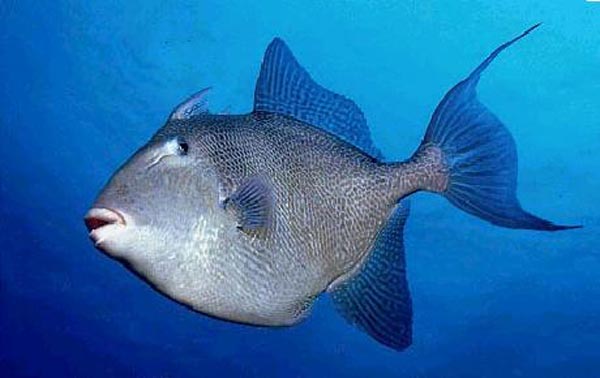
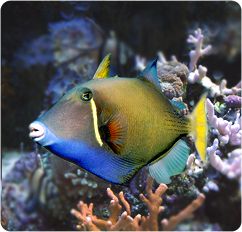
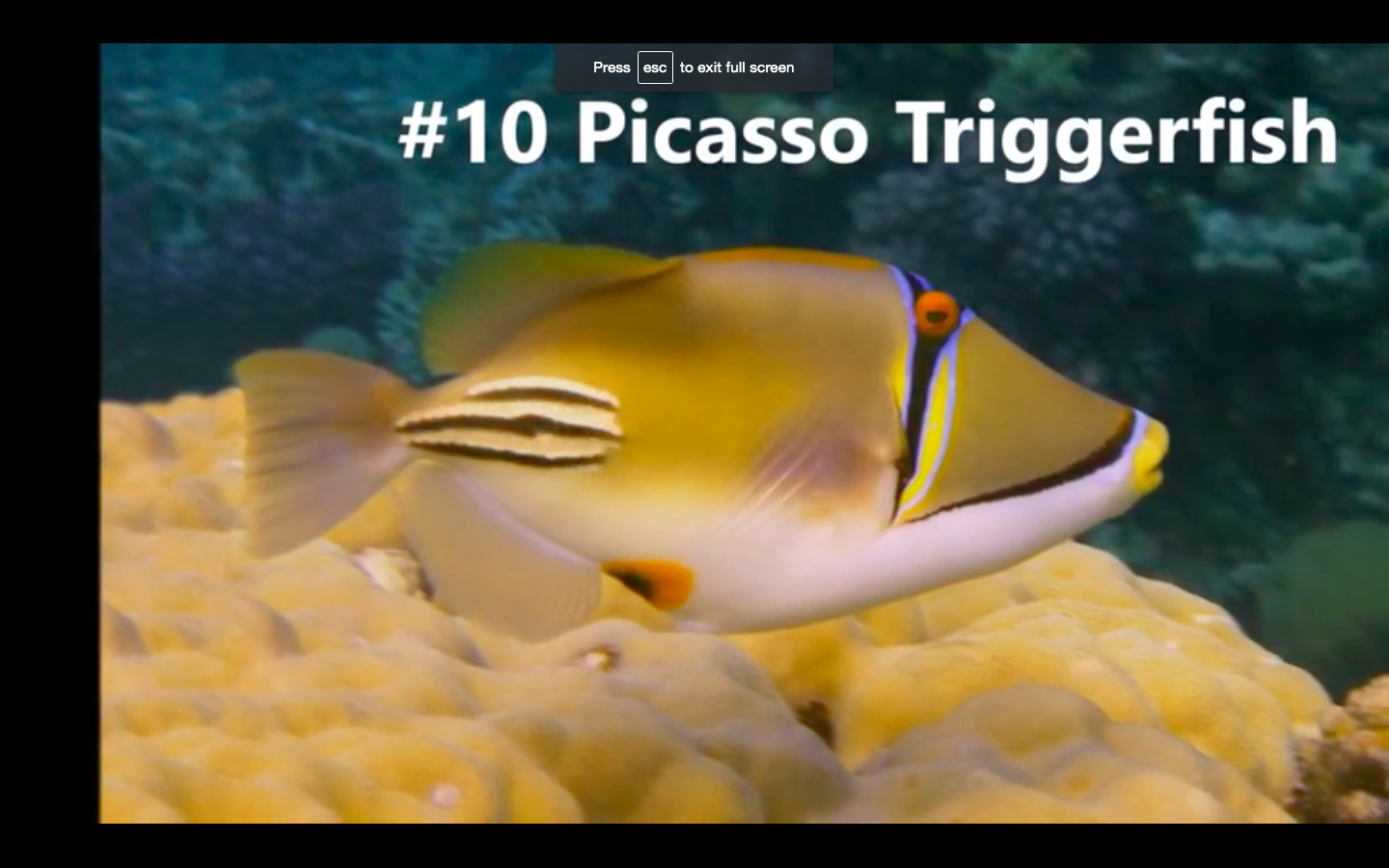
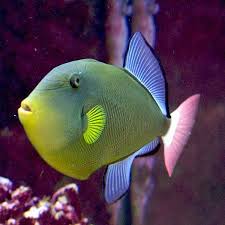
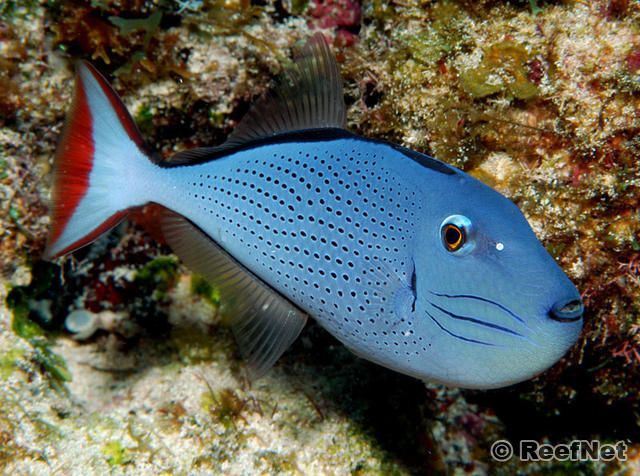
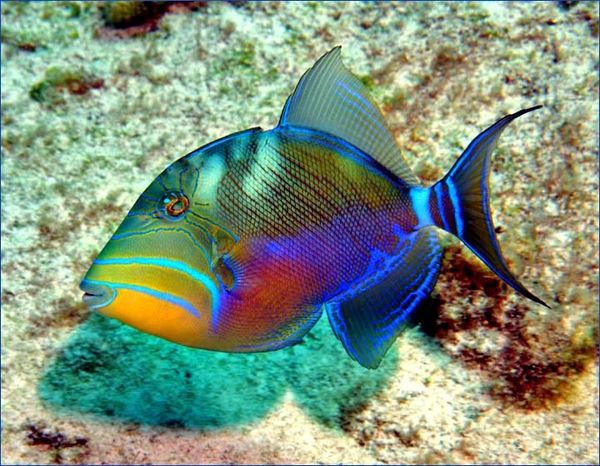
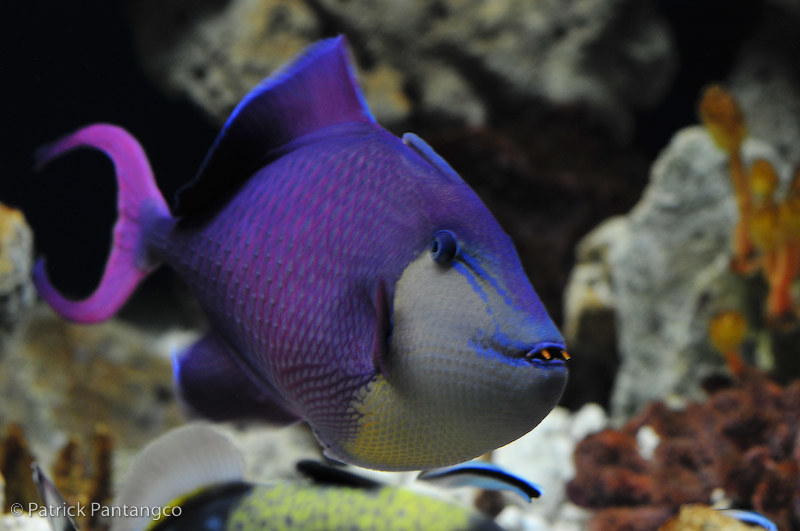
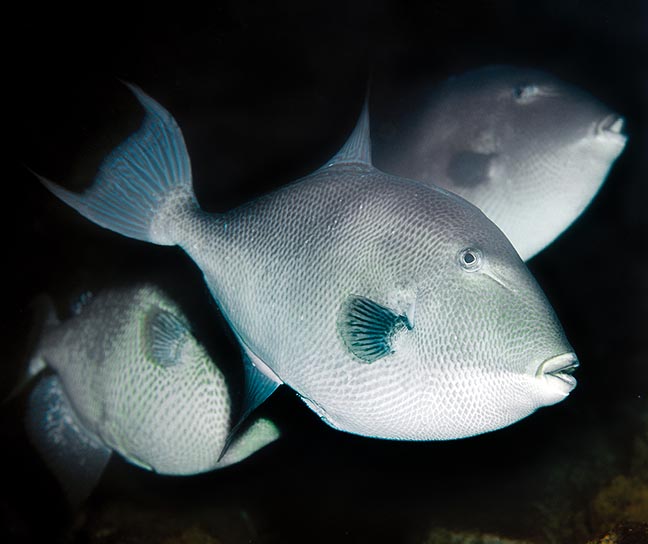
- They have tiny teeth
- They tend to bite any being that they
conceive as threat which is everything and
everyone - Their bite is not life-threatening or
dangerous - They are bottom dwellers, fingling crabs,
worms, other crustaceans,shrimp and
other invertebrates - They also pick at clams and other animals
attached to corals, which makes it to look
like they are eating coral.
Triggerfish also eat other fish
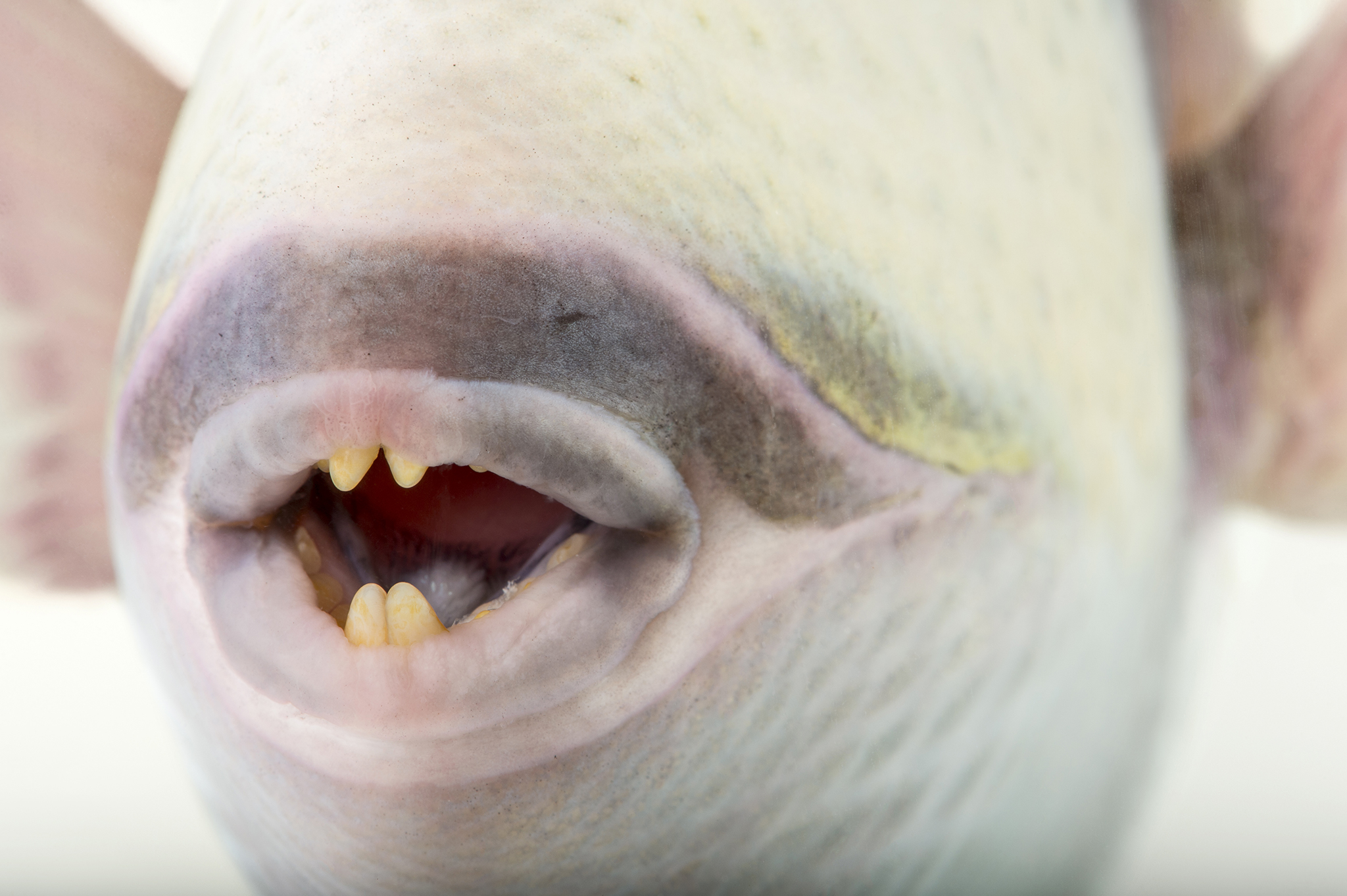
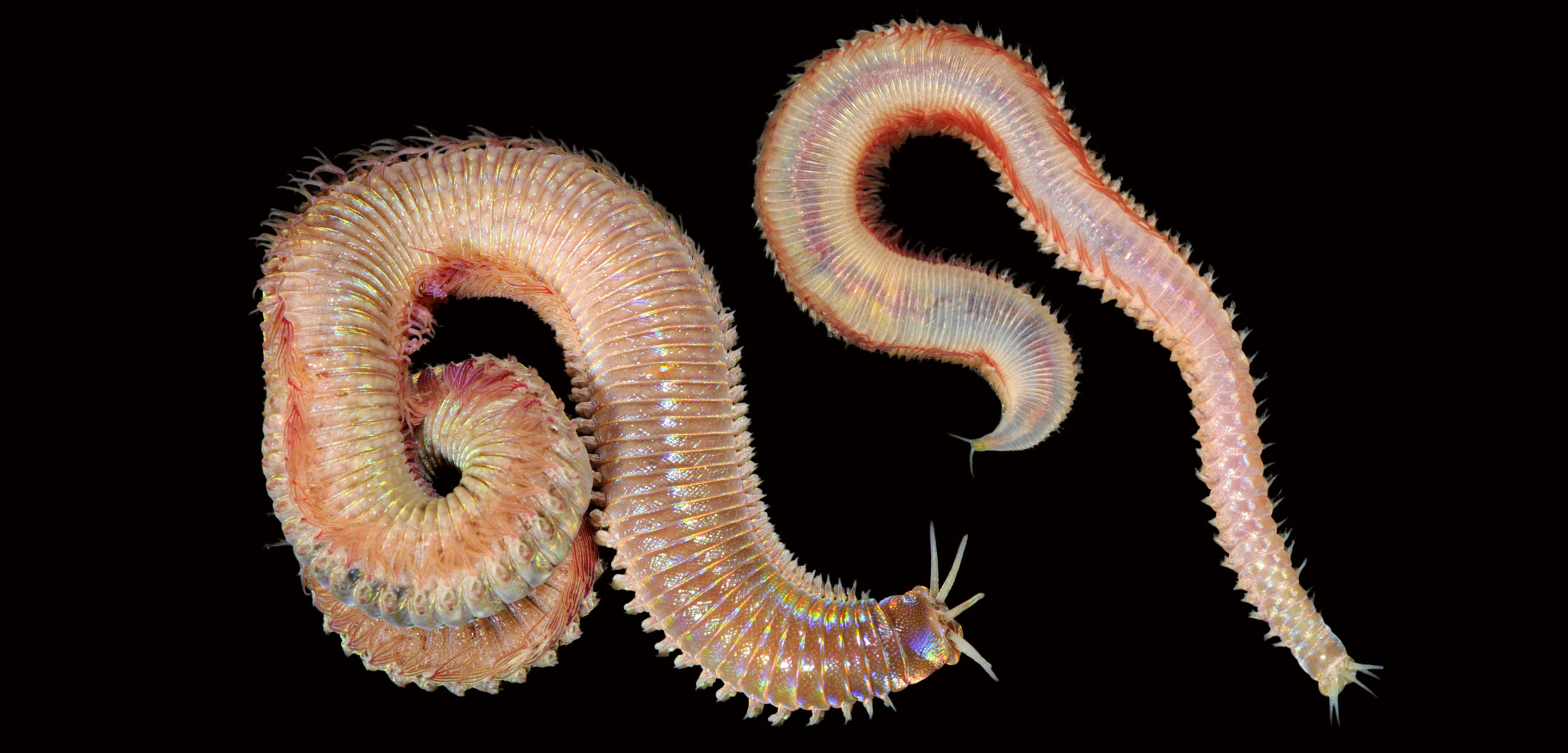
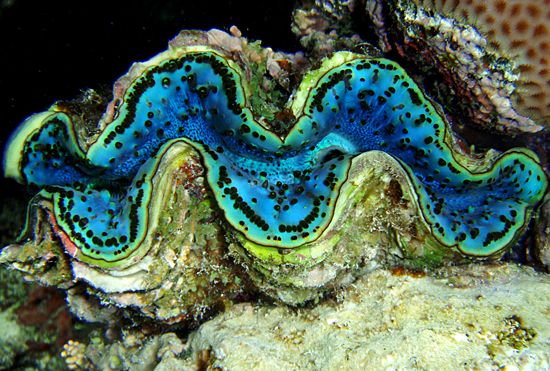
- They tend to vary in size
- The longest triggerfish is the stone
triggerfish.it is 3meters long and found in
Eastern Pacific from Mexico to Chile - They are found in shallow waters around
the coral reefs and are easily spotted by
snorkelers and scuba divers - Their eating habits are also weird
- They dig out the sand by flapping away
debris with their fins and squirting out
water from their mouth at the same time - They use their sharp teeth and tough jaws
to make a meal of sea urchins, flipping
them over to gnaw at their bellies which is
spine-free - Sea Urchins
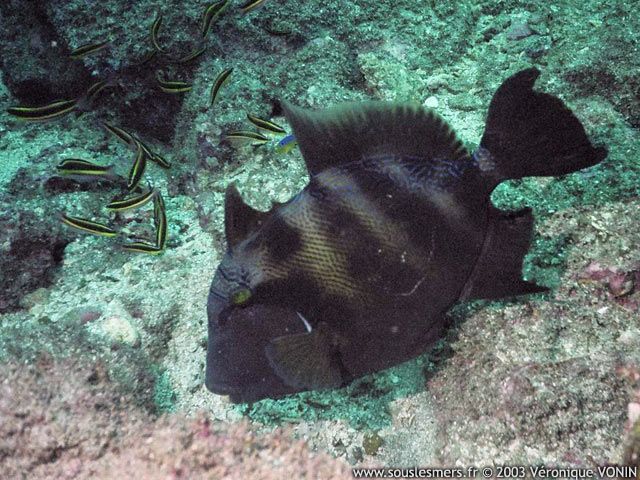
- They cause a lot of mayhem while eating
- They are known to be solitary animals and do seek a mate at a certain time
- Some species can even keep a harem of
potential mates - Males tend to establish sea floor nests for
the females to lay tens of thousands of
eggs to be fertilized - Females share responsibility of caring for
the eggs until they hatch - The mortality rate among the young is
pretty high as they are the source for
bigger fish - As they get larger, their chances of survival
will increase steadily as well - It’s easy enough to be fooled by the
trigger’s good looks as they are known to
have nasty deposition - They are dominant and extremely territorial
- Aquarium trade
- Humans
- Sometimes triggerfish are eaten by
humans, but they have been found to
cause Ciguatera Fish Poisoning which
causes diarrhea, vomiting, numbness,
dizziness, sensitivity of hot and cold,
itchiness and weakness - Ciguatera Fish Poisoning (CFP): is a
foodborne illness caused by eating reef fish whose flesh is contaminated with certain toxins Surgeon fish- Risk Factors: Barracuda, Moray Eel, Amberjack, Sea Bass, Sturgeon, Grouper
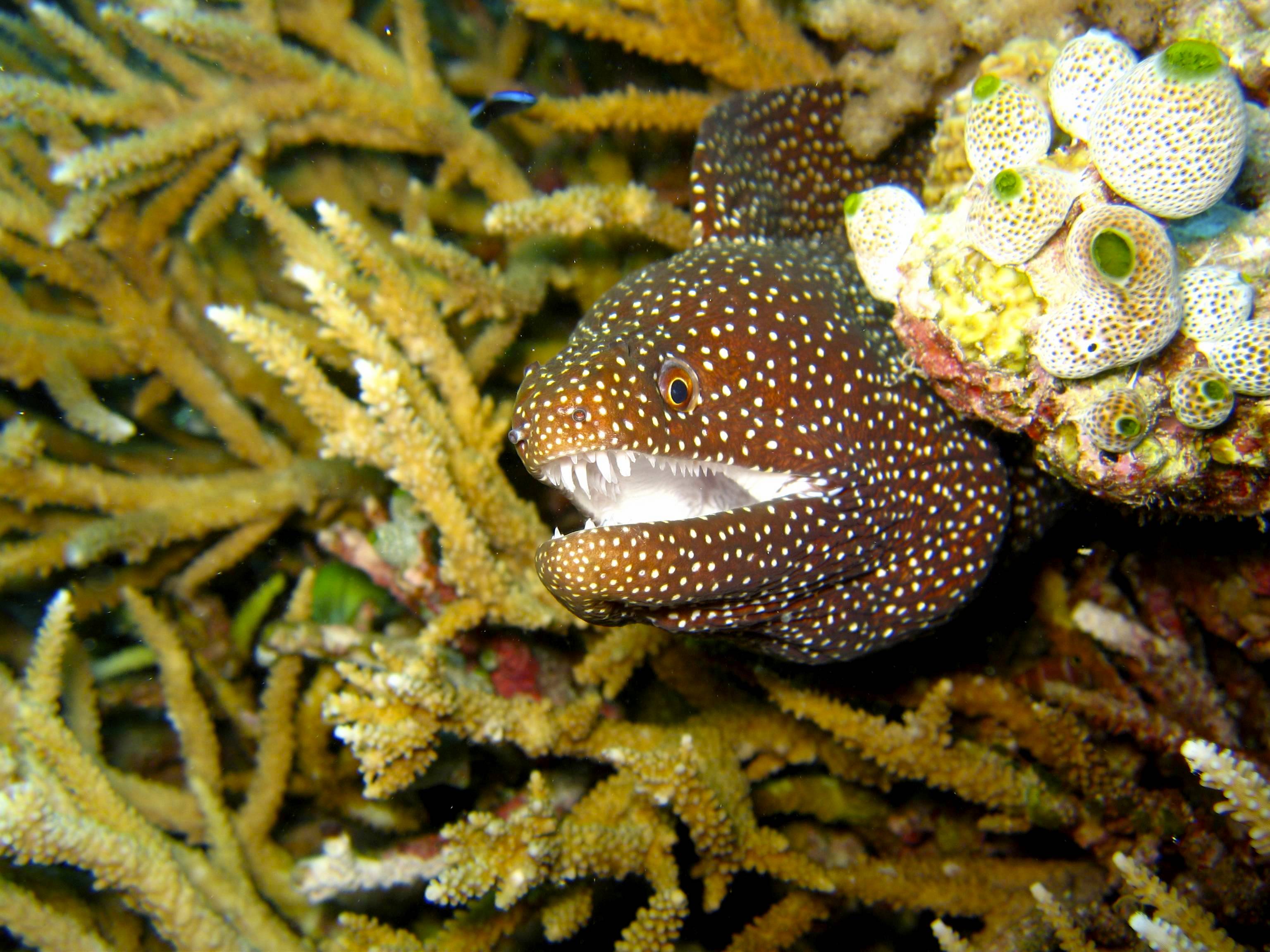
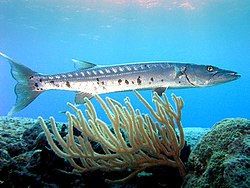
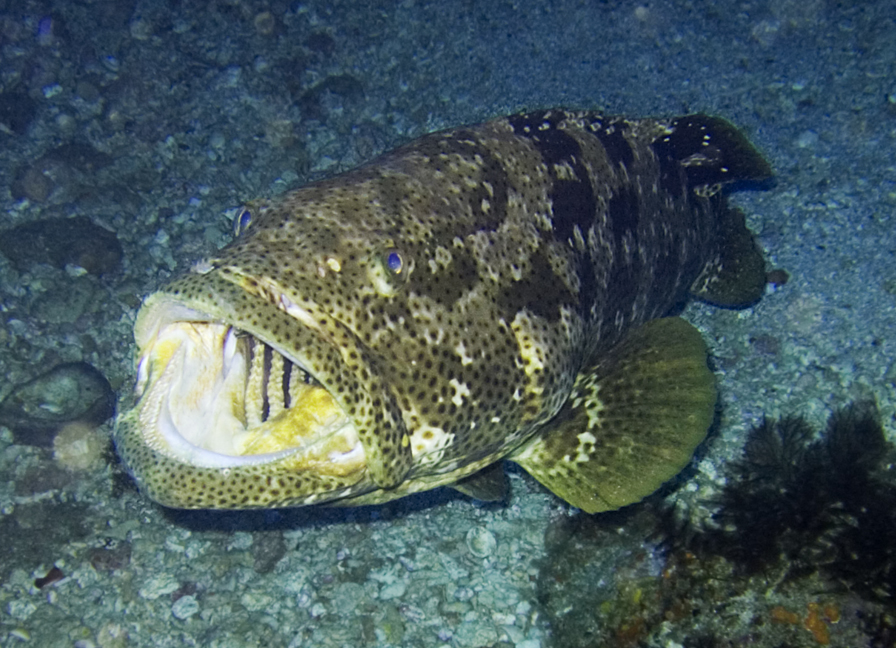
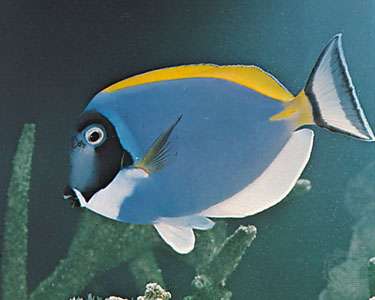
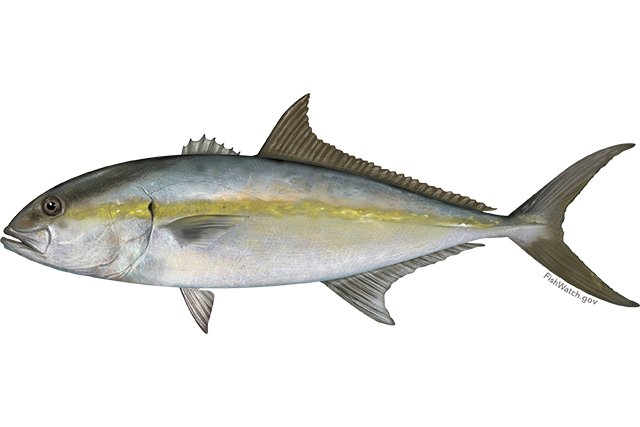
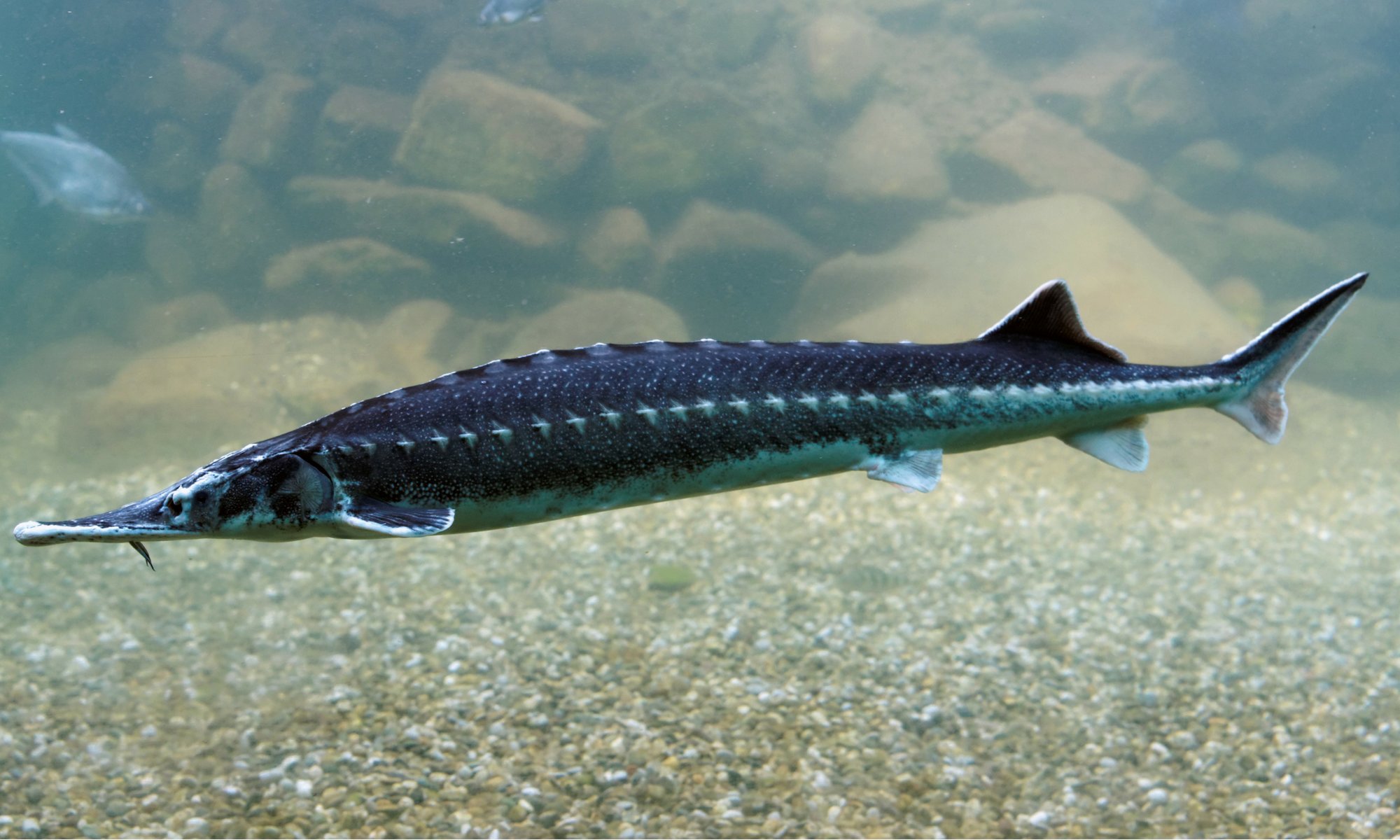
- Corals get ripped out
- Predators: Moray Eel, Sharks, Monk Seal,
Sting Ray and Jellyfish - Researcher are taking efforts to breed
more triggerfish in captivity, so that the
ones in the wild will get better chance to
survive